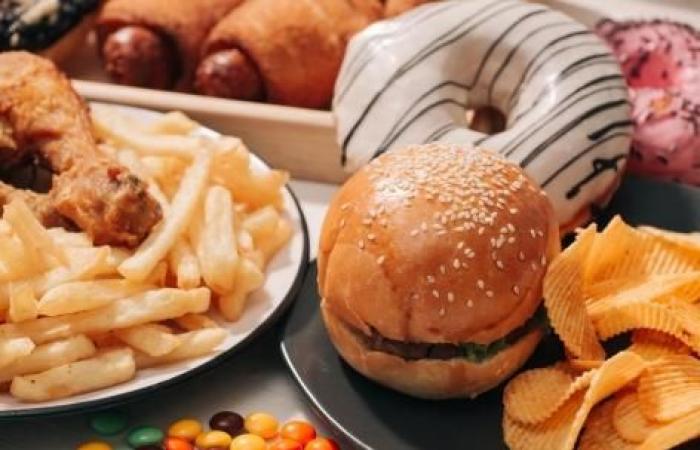THE ESSENTIAL
- Excessive consumption of ultra-processed foods prevents the proper development of children’s jaws.
- These products, generally soft, do not require chewing, which is necessary for the jaw.
- This can lead to misalignments of the teeth, but also breathing problems.
Too rich in sugars, fats and additives: ultra-processed foods are known for their harmful effects on health. A study published in February 2024, carried out by researchers from the Catholic University of Valencia, in Spain, points to another risk associated with these products. Consumed in too large quantities, they harm the development of children’s jaws.
Ultra-processed foods can prevent proper jaw development
This team of researchers followed 25 patients, aged 3 to 5 years. They were interested in their eating habits and their physical development. They found that those who ate softer foods were more likely to have misaligned teeth and not have enough space between them. However, these gaps are necessary to allow larger teeth to subsequently grow. At TelegraphLaura Marques Martinez, co-author of this research, explains that this could be linked to the texture of ultra-processed foods. “Chewing plays a crucial role in the proper development of the jaws, as it stimulates bone growth, strengthens facial muscles and promotes proper alignment of the teeth. she indicates. However, ultra-processed foods are often soft and require almost no chewing. “By not sufficiently stimulating the maxillofacial muscles and bones, these foods can lead to underdevelopment of bone structures and increase the risk of malocclusion (poor alignment of the teeth) and respiratory problems.estimates the specialist.
Our diet harms the jaw
Other studies have focused on changes in the jaw, linked to diet. Researchers from Stanford University recall that our ancestors consumed foods that necessarily had to be chewed. Today, sodas and other soft and sugary products seem to disrupt “the signaling system that determines appropriate orofacial structure” according to these specialists. They talk about a “jaws epidemic” to describe the phenomenon.
Jaw and ultra-processed food: studies to be confirmed
However, the Spanish study published last year is based on a small number of individuals: this limits the conclusions. Further work will need to confirm the theory that ultra-processed foods modify children’s jaws. In The Guardianseveral scientists have reservations about these conclusions. “Environmental factors are not the only ones to influence the development of the skeleton and teeth: genetics also play an important role, recalls Dr Hayley Llandro, director of external relations at the Orthodontic Society. Unfortunately, simply eating more chewy foods will not replace our pre-existing genetic tendencies.” She also emphasizes that these developments in the jaw are certainly linked to decades of evolution in our diet.
Health






